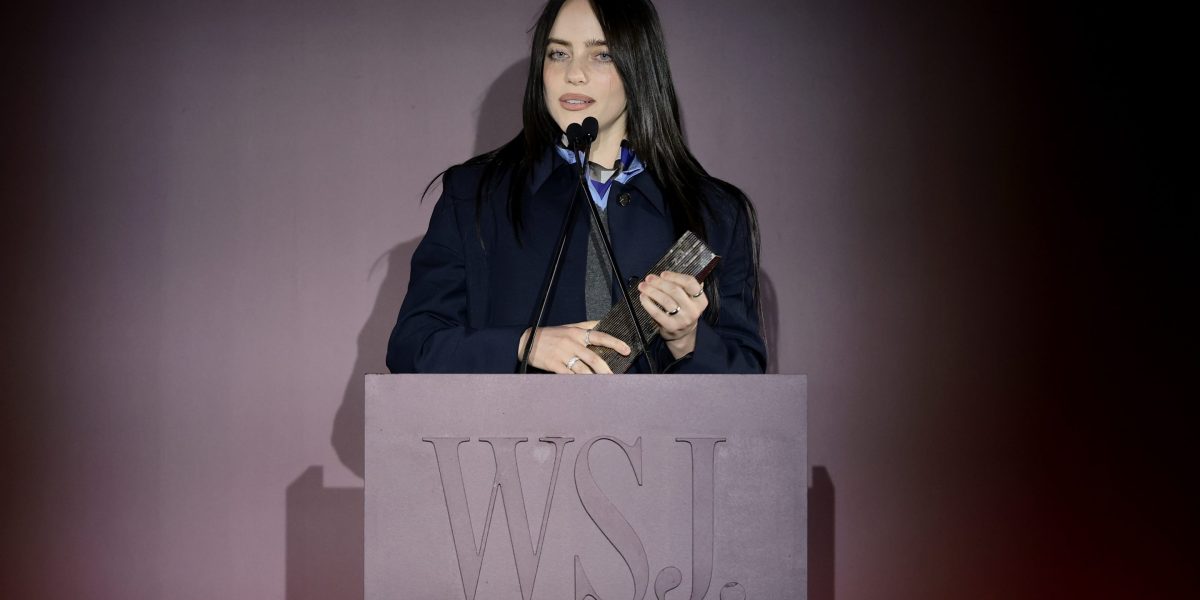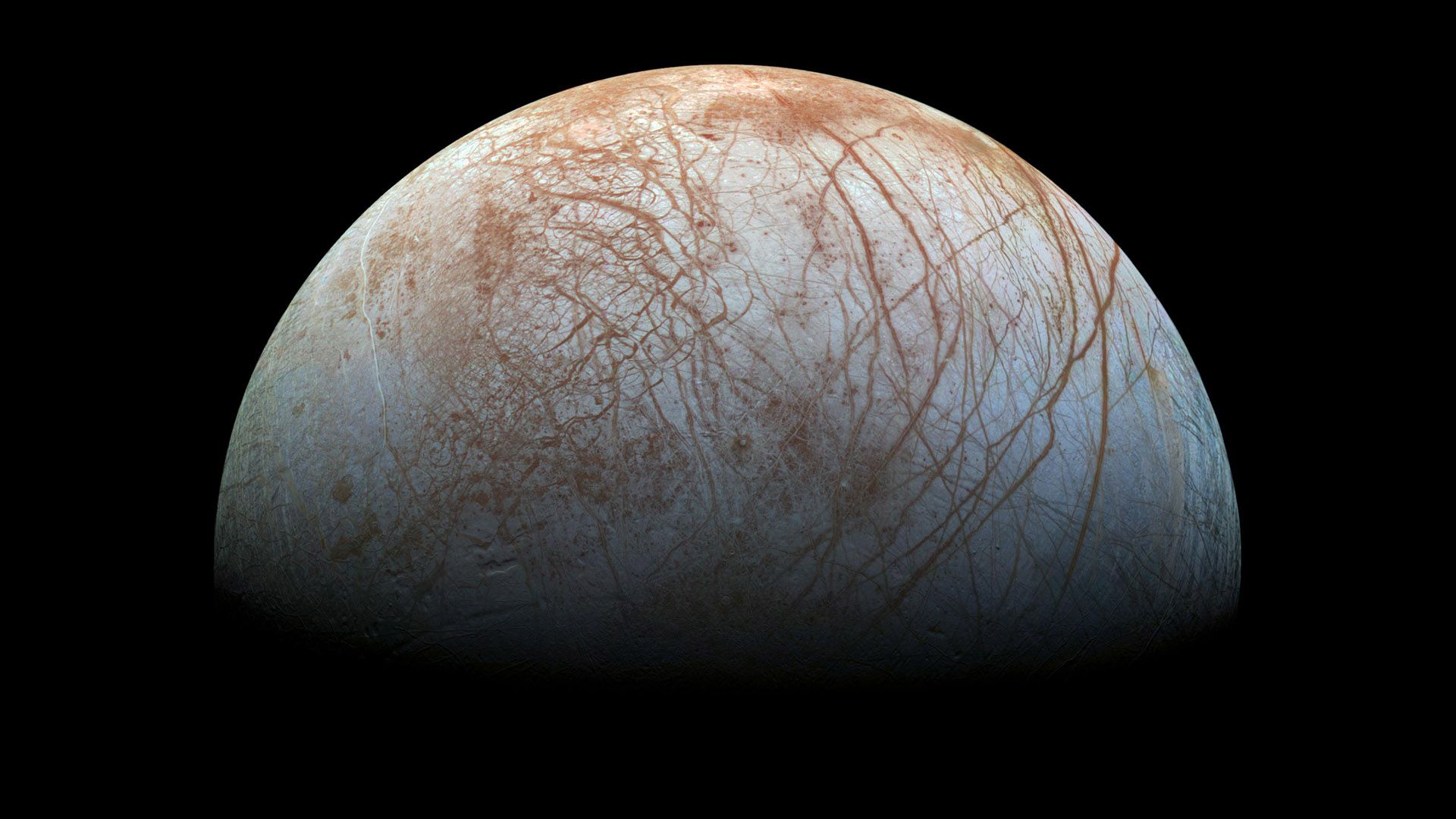With a new $10 billion valuation for their AI recruiting startup Mercor, the founders have become the youngest self-made tech billionaires ever, beating out Mark Zuckerberg who debuted at age 23 two decades ago.
Mercor, a recruiting startup that helps Silicon Valley’s biggest AI labs to train their models, has just minted the world’s youngest self-made billionaires: the company’s three 22-year-old founders, a trio of Bay Area high school friends who competed together on their debate team.
Earlier this week, the San Francisco startup announced a $350 million funding round led by Felicis Ventures, with participation from other bigwigs Benchmark, General Catalyst and Robinhood, valuing the company at $10 billion. The new infusion of cash makes CEO Brendan Foody, CTO Adarsh Hiremath and board chairman Surya Midha the newest billionaires of the AI boom, each with a roughly 22% stake in the company, Forbes estimates.
“It’s definitely crazy,” Foody told Forbes. “It feels very surreal. Obviously beyond our wildest imaginations, insofar as anything that we could have anticipated two years ago.”
Even in youth-obsessed Silicon Valley, where neophyte founders have been lionized for decades, Mercor is particularly well-known for the young age of its leaders. All three founders are Thiel Fellows, members of conservative billionaire investor Peter Thiel’s program to dole out $100,000 grants every year to young people in exchange for foregoing college. They’ve become the poster children of the AI era’s twenty-something entrepreneurs.
“The thing that’s crazy for me is, if I weren’t working on Mercor, I would have just graduated college a couple months ago,” said Hiremath, who spent two years at Harvard before dropping out after Sophomore year. “My life did such a 180 in such a short period of time.”
The Mercor founders’ new status puts them at the top of the list of young tech entrepreneurs whose personal fortunes have recently hit the billion-dollar mark. They supplant Polymarket CEO Shayne Coplan as world’s youngest self-made billionaires; Coplan, 27, held the title for just 20 days, after a $2 billion investment from NYSE parent Intercontinental Exchange. Before that, Scale AI’s Alexandr Wang, 28, had bragging rights as the youngest self-made billionaire for roughly 18 months. His Scale AI cofounder Lucy Guo, meanwhile, became the world’s youngest self-made woman billionaire at age 30 (taking that rank from none other than Taylor Swift).
“The thing that’s crazy for me is, if I weren’t working on Mercor, I would have just graduated college a couple months ago.”
Even more notable is just how young they are: At age 22, they are all younger than Mark Zuckerberg was when he first became a billionaire at 23. Midha, whose birthday is in June, is the youngest of the cofounders by roughly two months. The only self-made entrepreneur who has made an earlier debut is Kylie Jenner at age 21 though Forbes later knocked down her fortune and ran an investigation stating that the makeup mogul had inflated her Kylie Cosmetics revenue.
Foody, Hiremath and Midha founded Mercor in 2023, originally with the mission of matching engineers in India with U.S. companies in need of freelance coders. They built a recruiting platform that allowed applicants to interview with AI avatars and matched them to companies in need of talent. In the process, they stumbled into the in-demand world of data labeling, pairing expert-level contractors, like Ph.Ds and lawyers, with frontier labs like OpenAI. All three appeared on Forbes 2025 Under 30 list. In September, shortly after Mercor debuted on the Forbes Cloud 100 list of top private cloud computing companies, Foody announced the company had hit $500 million in annualized revenue run rate, up from $100 million in March.
The funding news comes as the data labeling industry has seen major upheaval over the last few months. In June, Meta announced it was buying 49% of the industry giant Scale AI for $14 billion, poaching its star CEO Alexandr Wang. The bombshell move emboldened smaller players to become more aggressive, as they argued that frontier labs would no longer want to work with a vendor so tied up with Meta and its own AI ambitions. Meanwhile, other competitors remain formidable: Surge, an older company founded in 2016, has been in talks to raise at a $30 billion, making its founder Edwin Chen the youngest billionaire on the Forbes 400 list. Turing AI, valued at $2.2 billion, raised $110 million in July. And Invisible, a smaller firm last valued at $500 million in 2023, has become a go-to partner for OpenAI and Microsoft.
But the competition has also led to controversy. In September, Scale sued Mercor, alleging that the startup stole trade secrets. The suit also names a former Scale executive who departed to work for Mercor and allegedly shared more than 100 confidential documents with his new employer. “It’s not something we spend a lot of time thinking about,” said Foody, when asked about the complaint.
As Bay Area natives, Foody and Co. grew up around tech. All three are the children of software engineers. Foody’s mom worked for Meta’s real estate team and his dad founded a graphics interface company in the 90s before turning to startup advising. One of his first ventures, as a high schooler at age 16, was a company to get his friends promotions on Amazon Web Services, the ecommerce giant’s cloud platform, charging them $500 each. Hiremath and Midha were childhood friends who met when they were 10-years-old, competing in elementary school debate tournaments (they met Foody in high school debate). Hiremath became interested in labor markets when he attended Harvard and did research for Larry Summers, former treasury secretary and current OpenAI board member. Summers later invested in Mercor.
As new billionaires, the founders say they haven’t gone out and bought anything flashy — because they just don’t have the time. “I leave the office around like 10:30 [p.m.], on an average day, six days a week,” Foody said. “And so there’s not a whole lot of time outside of that to be distracted by things outside of the business.”
More from Forbes
Source link

